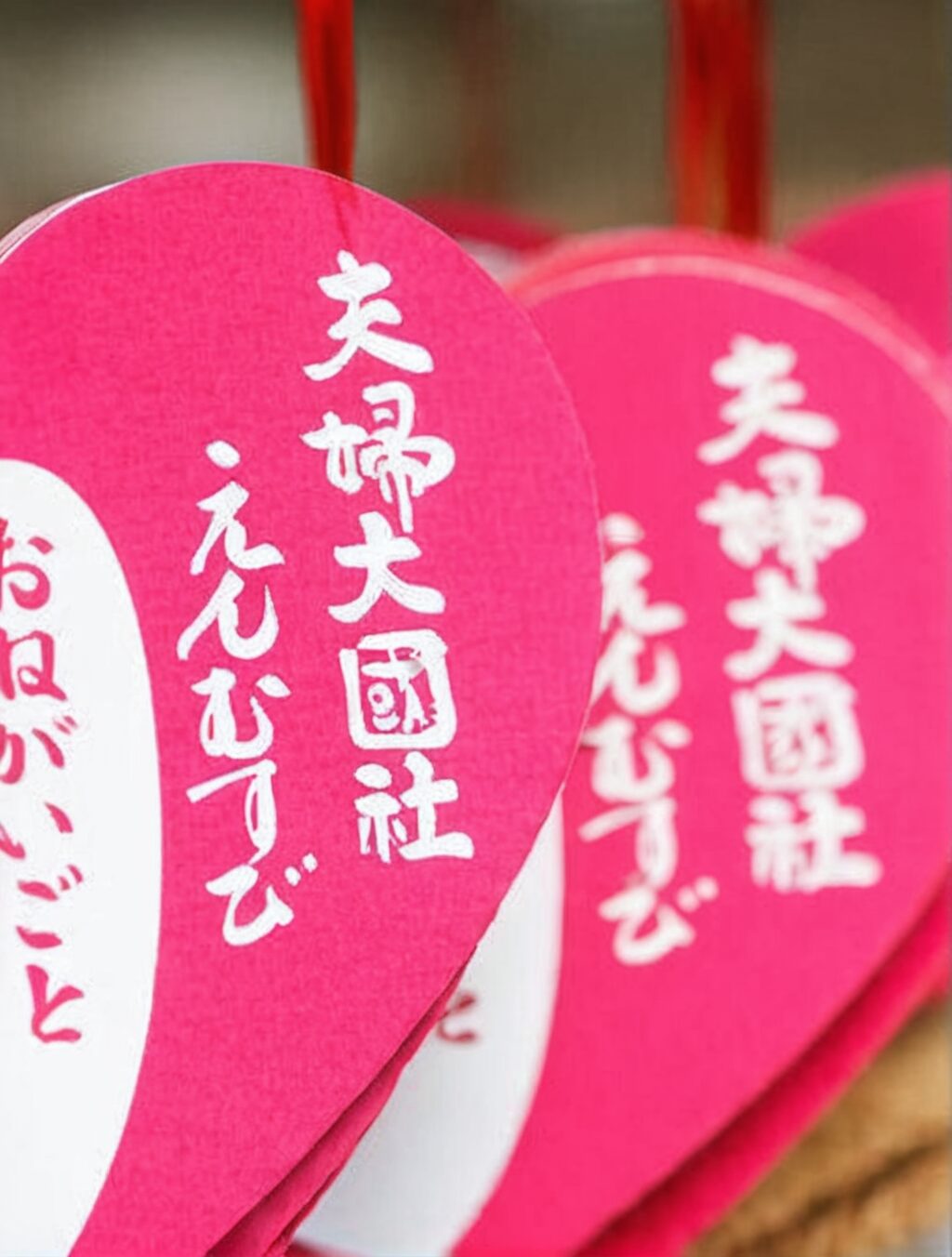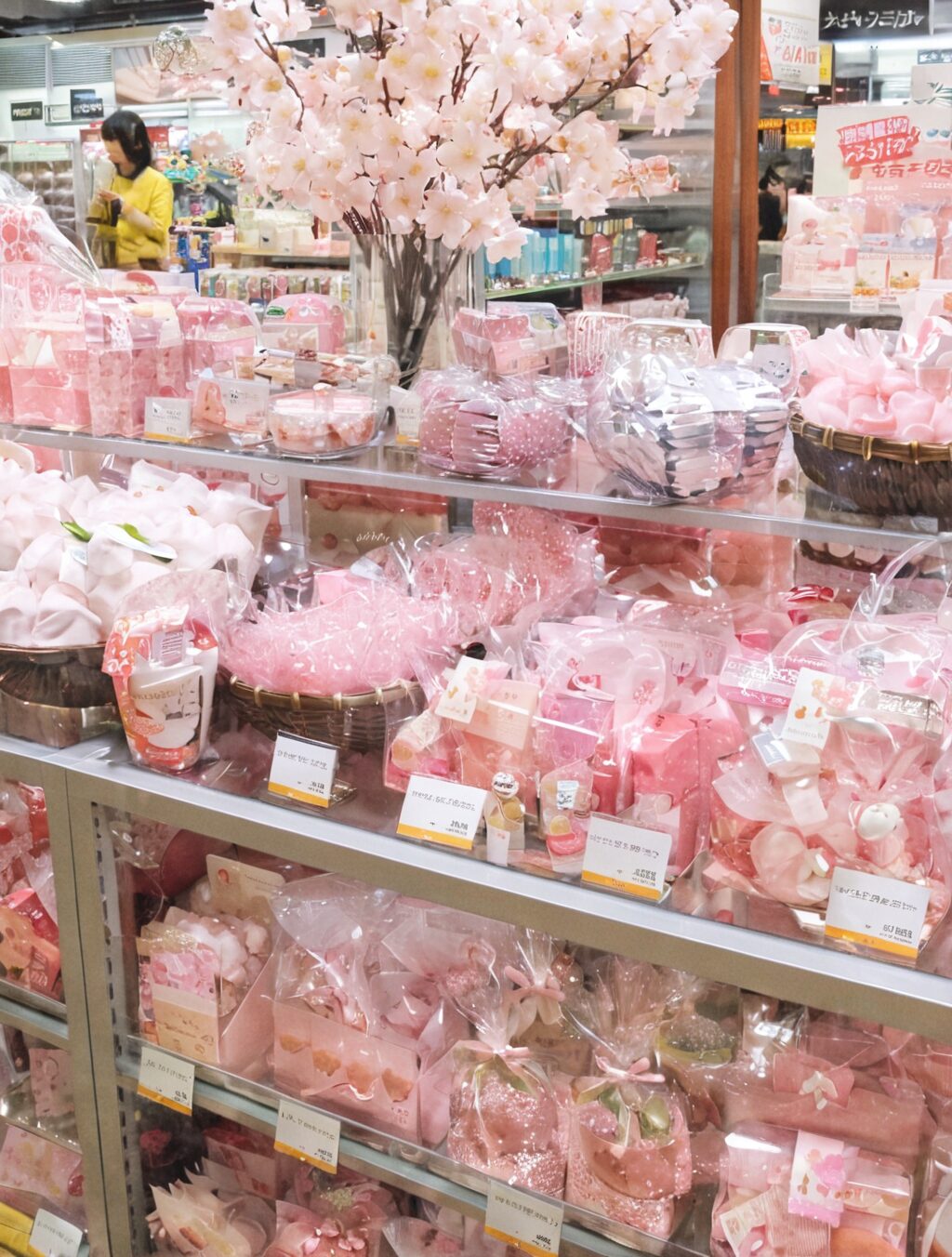White Day in Japan: Unraveling the Meaning Behind the Sweetest Day
Win a Free Trip to Japan!
Experience cherry blossoms and ancient temples
In the realm of love and romance, White Day in Japan stands as a unique and charming tradition. Celebrated on March 14th, this special day holds a profound significance in Japanese culture, symbolizing the reciprocation of affection and gratitude.
This intriguing holiday originated in 1978 when a confectionery company seeking to boost marshmallow sales launched a campaign encouraging men to return the favor to women who had gifted them chocolates on Valentine’s Day. The idea quickly gained momentum, becoming a beloved custom observed nationwide.
Unveiling the Meaning of White Day Gifts
The custom of exchanging gifts on White Day carries a nuanced meaning, with specific symbolism attached to the chosen presents.
- White Chocolate: As the name suggests, white chocolate is a popular choice for White Day gifts, representing purity and the reciprocation of love.
- Marshmallows: Soft and fluffy, marshmallows symbolize happiness and the desire to bring joy to the recipient.
- Cookies: Homemade or store-bought, cookies convey warmth and a message of appreciation.
- Jewelry: Jewelry, whether delicate or extravagant, is a timeless expression of love and commitment.
FAQs:
- Why is White Day celebrated in Japan?
To show gratitude and reciprocate affection for Valentine’s Day gifts received. -
What is the traditional gift for White Day in Japan?
White chocolate, symbolizing purity and returned love. -
Is White Day only celebrated in Japan?
Yes, White Day is primarily observed in Japan, although its influence has spread to other East Asian countries.
White Day in Japan is a charming tradition that celebrates the power of love, reciprocity, and the joy of giving. The exchange of thoughtful gifts on this special day serves as a poignant reminder of the enduring bonds between individuals and the sweetness that can be found in expressing affection.
japanese white day gifts meaning
Unveiling the Enchanting World of Japanese White Day Gifts
In the tapestry of Japanese culture, White Day stands as a captivating tradition, where love and gratitude intertwine. Celebrated on March 14th, this special day offers a unique opportunity to reciprocate the affection expressed on Valentine’s Day.
Exploring the Significance of White Day Gifts:
The custom of exchanging gifts on White Day in Japan carries deep-rooted symbolism, with specific presents embodying heartfelt meanings:
- White Chocolate: Its pure white hue represents the reciprocation of love, making it a classic choice for White Day.
- Marshmallows: Soft and fluffy, marshmallows symbolize happiness and the desire to bring joy to the recipient.
- Cookies: Homemade or store-bought, cookies convey warmth and a message of appreciation.
- Jewelry: Delicate or extravagant, jewelry serves as a timeless expression of love and commitment.
Must-Know Facts:
- Origin: White Day originated in Japan in 1978 as a confectionery company’s campaign to boost marshmallow sales.
- Reciprocity: White Day gifts are traditionally given by men to women who gifted them chocolates on Valentine’s Day.
- Popularity: White Day has become a widely celebrated event in Japan, with businesses offering a range of gift options.
Frequently Asked Questions:
- What is the most popular White Day gift in Japan?
White chocolate, symbolizing purity and returned love. -
Why is White Day celebrated only in Japan?
While White Day has gained some recognition in other East Asian countries, it remains primarily a Japanese tradition. -
Is it mandatory to give gifts on White Day?
While not strictly mandatory, it is considered a thoughtful gesture to reciprocate the affection shown on Valentine’s Day.
Japanese White Day gifts are more than just tokens of appreciation; they are symbols of love, gratitude, and the enduring bonds between individuals. The exchange of these thoughtful presents serves as a reminder of the sweetness that can be found in expressing affection and the joy that comes from reciprocating it.

